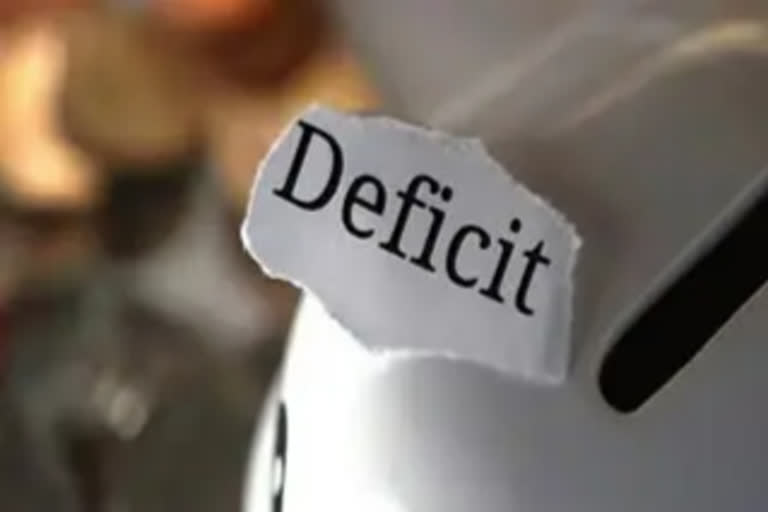New Delhi: After the tax proposals, one of the most keenly watched numbers in the Union Budget is tax proposals submitted by the finance minister is the fiscal deficit. For macro-economists, who study government finances including the revenue receipts and public expenditure, fiscal deficit is the most important number, having more importance than even tax proposals as fiscal deficit is directly linked to the government’s financial health.
If the fiscal deficit is showing an increasing trend over the years then it is a sign that all is not well with the government’s financial health, on the other hand, if the fiscal deficit shows a declining trend then it is clear that the health of government finances is improving.
However, it may not be the case all the time as sometimes the fiscal deficit may show an increasing trend due to a variety of reasons such as increased government borrowing for spending more money for infrastructure and developmental projects which is not a sign of poor health of government finances.
What is fiscal deficit?
Fiscal deficit is one of the six key indicators that the government is required to report to the Parliament under the Fiscal Responsibility and Budget Management Act, 2003.
Fiscal Deficit is the difference between the gross revenue receipts plus recovery of loans plus non-debt capital receipts (NDCR) and the total expenditure. It also reflects the total borrowing requirement of the Union government in a financial year.
